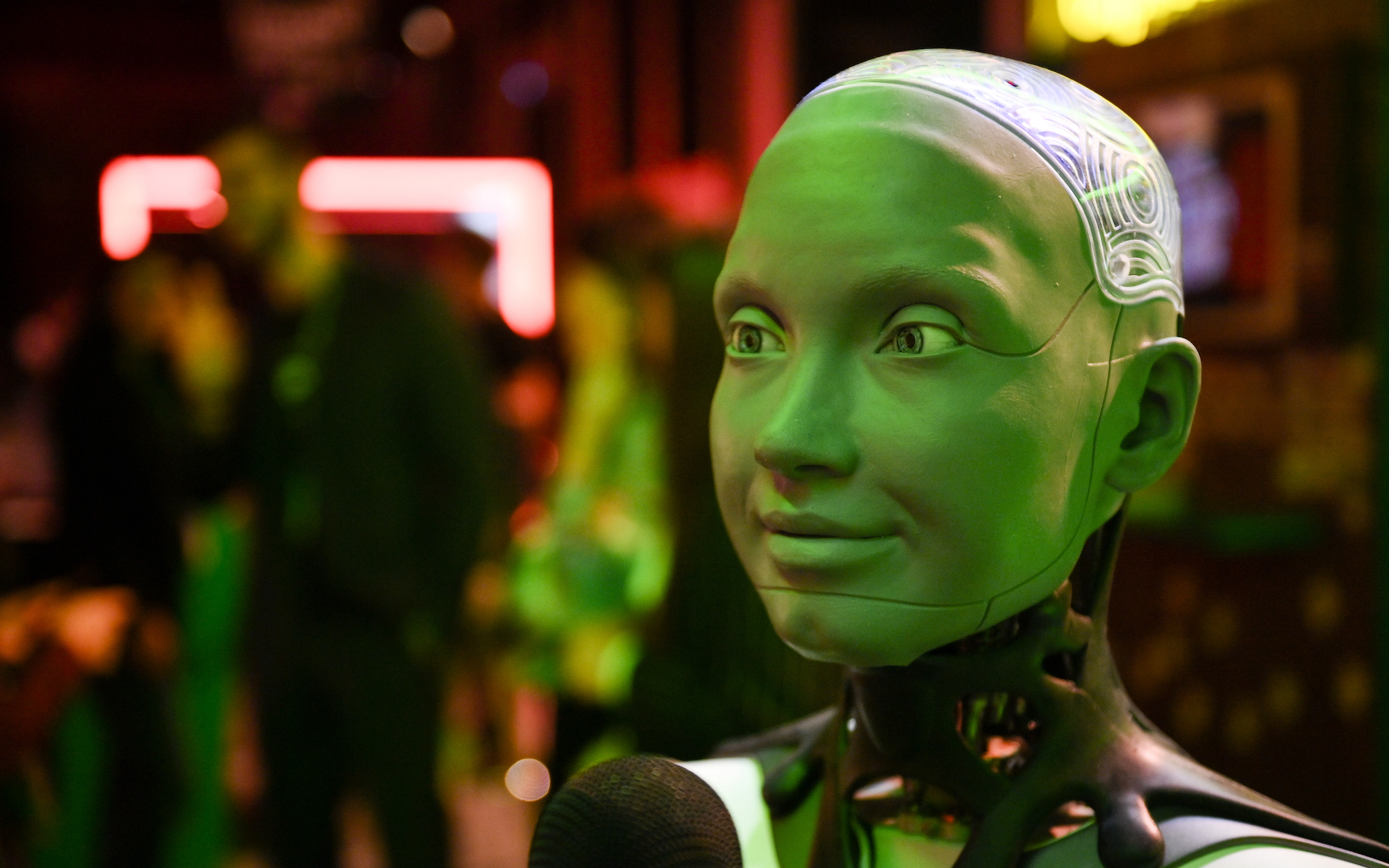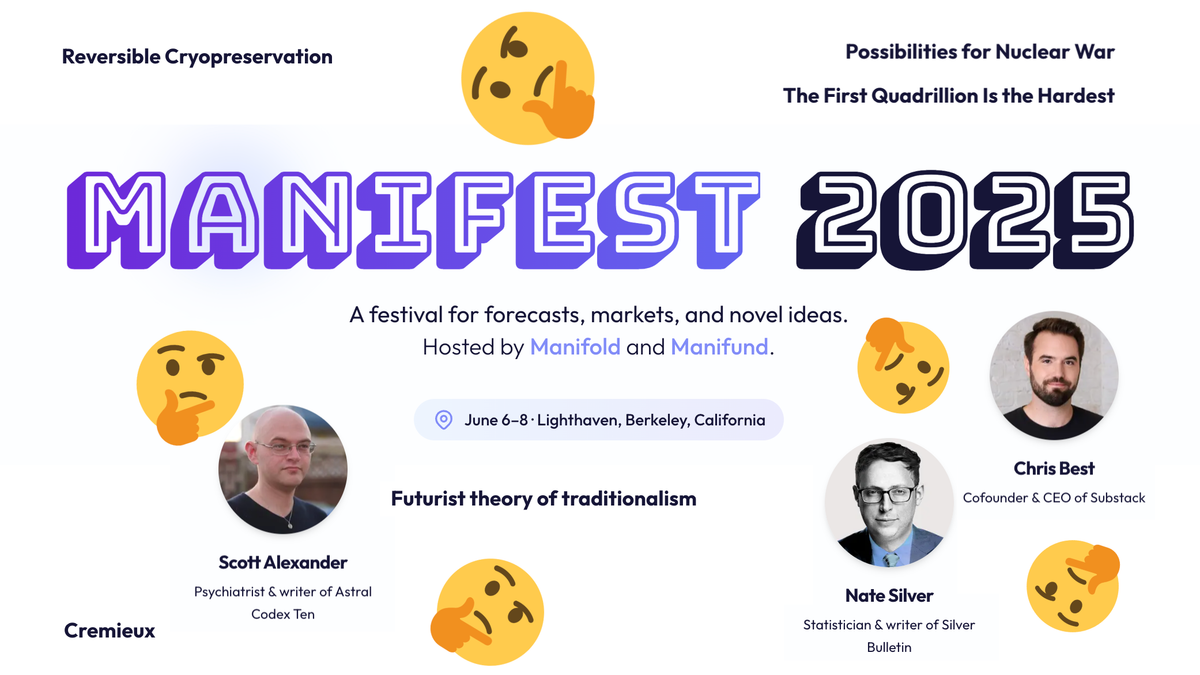- 5 Posts
- 47 Comments

 7·4 days ago
7·4 days agotime for me to learn something else, then; what do people use these days for microservices instead of flask? fastapi?
EDIT:

oh come the fuck on google AIO

 6·4 days ago
6·4 days agoThe generic abyss of artificial intelligence | John R. Gallagher
All this business talk from CEOs about AI automating work comes down to them not valuing the input of workers. You can hear the jubilant ejaculative rhetoric about robots because robots represent firing all the workers. CEOs see their workers as interchangeable laborers who fit inside of templates. They want workers who pull the levers of templates. They’ve always wanted this since the individual revolution. But now the templates are no longer physical commodities but instead our stories, our genres.
Call it template capitalism. Social media companies are already operating under this logic through the templates they force on users. As the car companies have done by forcing drivers into templates. Or shoe companies have accomplished with standard sizes. There’s nothing stopping the knowledge sectors of the economy from extending that logic to workers. Knowledge workers are being deskilled by making them obey the generic templates of LLMs.
Template capitalism hollows out the judgment of individual knowledge workers by replacing slowly accreted genre experiences with the summed average of all genres. Under this system, knowledge workers merely ensure the machines don’t make errors (or what the AI companies have just relabeled “hallucinations”). The nuance of situated knowledge evaporates, leaving behind procedural obedience. The erosion of individual judgment is the point. Workers who diverge from the ordained path of LLMs are expendable. If you challenge the templates, you get fired.
They’ve always wanted this, indeed. There’s some comfort to me in the reminder that this year’s layoffs are no different than the last cycle, except maybe the excuses are thinner.

 3·7 days ago
3·7 days agoFor me, I started noticing Taulia spam via a clients SAP last Jan, and Bill.com started doing similar a few months after. I think the new part is that these are now integrated into the platforms, like how Klarna bnpl is directly integrated into the ecom storefronts.

 7·7 days ago
7·7 days agoMy clients’ billing systems now send me invoice factoring spam every month, which is basically the same trade as a payday loan or bnpl. I worry how many other freelancers are clicking that button and how this has become so normalized, it’s bad enough out there already, without paying 2.5% per month.

 4·14 days ago
4·14 days agoNew singularity dropped and I’d missed it: https://www.nber.org/books-and-chapters/economics-transformative-ai/coasean-singularity-demand-supply-and-market-design-ai-agents
I don’t really see AI getting rid of ticketmaster or other transaction costs in the real world, so this is just some econ theory crafting.

 8·14 days ago
8·14 days agoGoing to see him at the Belasco on Thur.

 14·16 days ago
14·16 days ago“I think the AI slop is great. I think culturally, it’s a good thing that it happened, because one of the things that drove people to start really caring about artists again in 2024 was the AI slop. I think everything happens for a reason,” she said in a recent interview with Time. “Most of the album is sort of about me being a bit of a Diogenes about the ills of modernity while still celebrating them.”
https://www.salon.com/2025/11/07/grimes-ushers-in-a-new-era-of-internet-infestation/
JFC what world does she live in

 9·17 days ago
9·17 days agoSounds exactly like what happened at iNaturalist.

 8·21 days ago
8·21 days agoI tried making one a few years back, maybe time to update it.
https://nfultz.github.io/murderboard/wpc-murderboard.htm
(arrow keys to scroll)

 8·24 days ago
8·24 days agohttps://micahflee.com/practical-defenses-against-technofascism/ at BSidesPDX
Happy Gilmore is ruined for me.

 4·24 days ago
4·24 days agoInteresting that for the musk article, it has the “see edits” button disabled. ha
E:
I peeked under the hood, “see edits” data is in page.fixedIssues on the api, ripe for scraping: https://grokipedia.com/api/page?slug=StarCraft_II&includeContent=false

 6·27 days ago
6·27 days agoShe Rides Shotgun - basically Lone Wolf and Cub + Breaking Bad combo. I loved the novel back when it came out, the film is reasonably faithful to it.

 13·28 days ago
13·28 days agoApologies for doing journal club instead of sneer club.
Voiseux, G., Tao Zhou, R., & Huang, H.-C. (Brad). (2025). Accepting the unacceptable in the AI era: When & how AI recommendations drive unethical decisions in organizations. Behavioral Science & Policy, 0(0). https://doi.org/10.1177/23794607251384574
abstract:
In today’s workplaces, the promise of AI recommendations must be balanced against possible risks. We conducted an experiment to better understand when and how ethical concerns could arise. In total, 379 managers made either one or multiple organizational decisions with input from a human or AI source. We found that, when making multiple, simultaneous decisions, managers who received AI recommendations were more likely to exhibit lowered moral awareness, meaning reduced recognition of a situation’s moral or ethical implications, compared with those receiving human guidance. This tendency did not occur when making a single decision. In supplemental experiments, we found that receiving AI recommendations on multiple decisions increased the likelihood of making a less ethical choice. These findings highlight the importance of developing organizational policies that mitigate ethical risks posed by using AI in decision-making. Such policies could, for example, nudge employees toward recalling ethical guidelines or reduce the volume of decisions that are made simultaneously.
so is the moral decline a side effect, or technocapitalism working as designed.

 7·1 month ago
7·1 month agohttps://www.adexchanger.com/marketers/the-ad-context-protocol-aims-to-make-sense-of-agentic-ad-demand/ - one more way to not know which half of your marketing spend was useless, or one step closer to reifying dead internet theory?

 9·1 month ago
9·1 month agoApologies in advance for the infohazard
Tucker - Every Tech Billionaire Is Having the Same Haunting Vision. Demonologist Explains Why
Nick Land Responds to Tucker Carlson
WTF. how is he going mainstream.
e
LAND: I mean, I’m obviously skeptical of the fact that large chunks of Silicon Valley are engaged in occult rituals involving involving a numogram. But I mean, it’s not something I guess I have any authority to to talk about. Well, I mean, I can only say that they they certainly aren’t in contact with me if if that is happening. They’re they’re doing it very, you know, if not privately at least. It’s my involvement is is actually zero in that.

 8·2 months ago
8·2 months agohttps://www.theverge.com/news/797540/dc-comics-jim-lee-no-generative-ai-pledge - for context, Jim Lee was the 90s XMen artist and Image Comics cofounder.

 12·2 months ago
12·2 months agojwz ditching basecamp - decent discussion. tbh, I ctrl-f’d for the Jira sneers. Also includes a GitLab sneer that was not on my radar.



Corey Quinn wrote a spite-driven-dev cli for it - https://www.linkedin.com/posts/coquinn_im-humbled-to-announce-that-after-launching-activity-7397400805458395137-73Ua